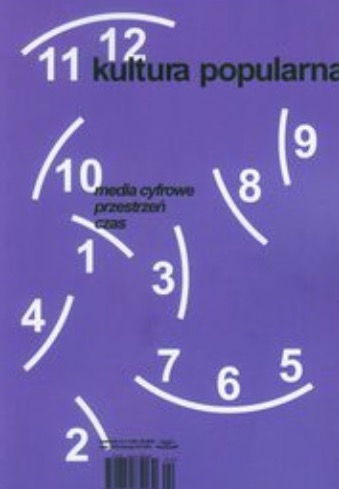Obrazy ciał w przestrzeni publicznej
Representations of Bodies in the Public Space
Author(s): Izabela KowalczykSubject(s): Anthropology, Gender Studies, Media studies, Visual Arts, Civil Society, Communication studies, Cultural Anthropology / Ethnology, Culture and social structure
Published by: Szkoła Wyższa Psychologii Społecznej
Keywords: popular culture; taboo; body; gender; identity; advertisement; public space; abject
Summary/Abstract: In this text I reflect on tabooisaiton of bodies in the public space. There is interesting point that we deal with over‐representation of bodies which are young, attractive, slim, ideal, and even naked, especially in advertisements. These bodies are anonymous and not‐individualised, they are objects of aesthetic pleasure first of all. The issue of representation is important for discussions of identity. Thus the important question is: what bodies are excluded from this sphere, and at the same time, what identities are excluded? Unappropriated bodies are stereotyped or condemned to invisibility. I discuss ways of the stereotypisation that took place in advertisements (included social ones). The examples of this process are representations of older women, handicapped persons, homosexuals and breast‐feeding mothers. These pictures are often received as disgusting, scandalous, and inappropriate to be shown in the public space. I try to trace the advertisements as well as examples of art in the public space. It reveals that not appropriate bodies and some aspects of physiology are treated as taboo. I connect the taboo with Julia Kristeva’s notion of an abject. According to Kristeva, the abject means pre‐verbal state of human being and it denies division between inside and outside. What is the most important in constituting the subject plays in connection with uncertain borders between subject and object. The abject is something in‐between, the ambiguous, it does not respect borders, positions and rules and it disturbs identity, system and order. Describing the abject, Kristeva makes us realize that our world is temporary, it is constantly threatened, at every moment it can be ruined and transformed into a world we do not want to think about and we are afraid to imagine. In reflection to this theory one might ask about construction of subjectivity. On the other hand this theory may be important to define order of society – is it opened for others or rather traditional and closed?
Journal: Kultura Popularna
- Issue Year: 34/2012
- Issue No: 04
- Page Range: 88-99
- Page Count: 12
- Language: Polish

